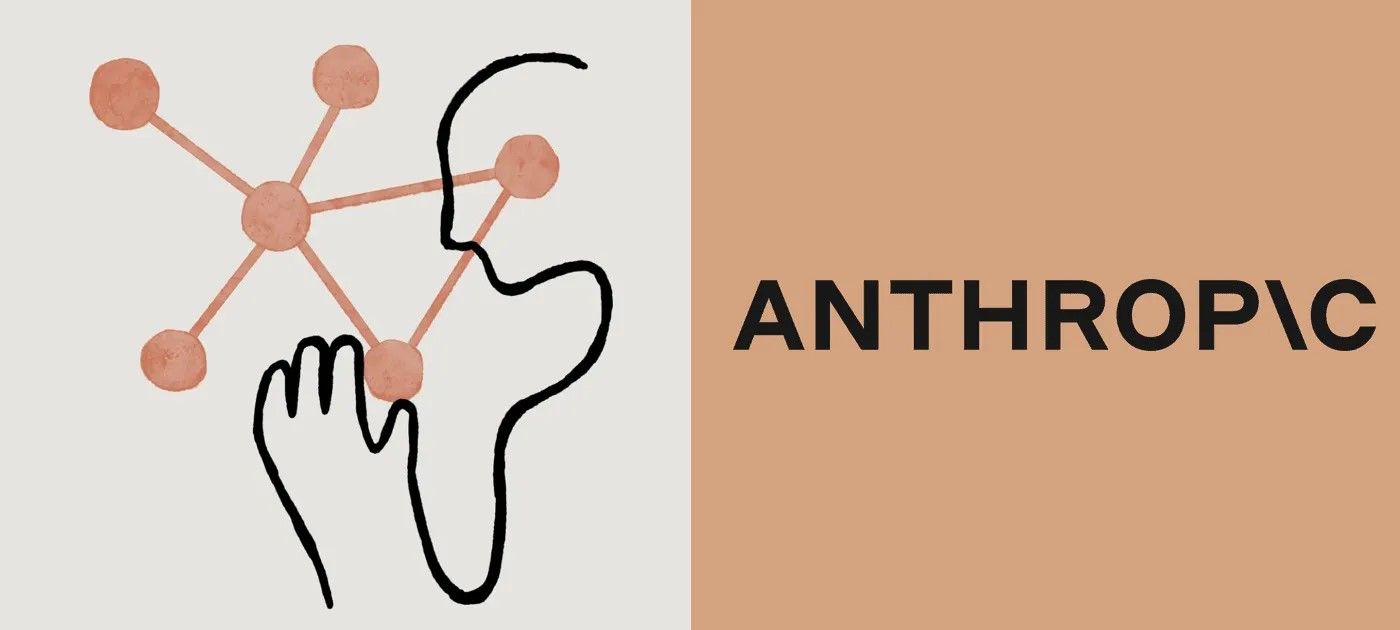Introduction
The landscape of AI agent development is undergoing a radical transformation with the introduction of Claude Advanced Tool Use. Anthropic has recently announced three new beta features designed to let Claude discover, learn, and execute tools dynamically. This update addresses one of the most critical challenges for developers: efficiently managing the context window and orchestrating complex workflows.
To build effective agents that integrate Git operations, file manipulation, and deployment pipelines, models must work with unlimited tool libraries without stuffing every definition into context upfront. For technical deep dives, refer to the official Anthropic guide.
The Problem: Context Bloat and Latency
Modern agents must operate as expert coordinators. However, the traditional approach has obvious limitations. Consider a real-world scenario described by Anthropic with a 5-server setup:
- GitHub: 35 tools (~26,000 tokens)
- Slack: 11 tools (~21,000 tokens)
- Sentry, Grafana, Splunk: 12 tools combined (~8,000 tokens)
In total, we are talking about 58 tools consuming approximately 55,000 tokens before the conversation even begins. In internal tests, some setups reached 134,000 tokens. This not only increases costs but pushes vital information out of memory.
1. Tool Search Tool: Dynamic Discovery
Anthropic's solution is the Tool Search Tool. Instead of loading all definitions, Claude loads only a search tool (~500 tokens). When it needs a specific capability, it actively searches for it.
Specific Use Case: GitHub Integration
If Claude needs to interact with GitHub, instead of having all 35 tools (like delete_repo or archive_repo) in context, it simply searches for "github". The system returns only the relevant tools for the current task, such as github.createPullRequest and github.listIssues. The other 50+ tools from Slack or Jira remain unloaded.
Result: An 85% reduction in token usage (from ~77k to ~8.7k tokens in total context) and an increase in Opus 4 model accuracy from 49% to 74%.
2. Programmatic Tool Calling: Code-Based Orchestration
The second innovation addresses the inefficiency of single calls. With Programmatic Tool Calling, Claude writes and executes Python code to orchestrate multiple tools at once, rather than "ping-ponging" with the API for every single request.
Real Example: Budget Compliance Check
Imagine having to answer the question: "Which team members exceeded their Q3 travel budget?". The traditional approach would require:
- Fetching the team list (20 people).
- For each person, fetching expenses (20 API calls, thousands of rows of data).
- Fetching budget limits.
- Having Claude analyze everything in context (over 200KB of data).
With Programmatic Tool Calling, Claude writes a script that:
- Calls
get_team_members. - Runs
get_expensesin parallel for everyone. - Compares totals with
get_budget_by_level. - Returns only the final result: the names of those who overspent.
This way, intermediate data (flights, hotels, receipts) never enters Claude's context. Anthropic also cites the case of Claude for Excel, which uses this technique to manipulate spreadsheets with thousands of rows without overloading the model.
3. Tool Use Examples: Learning from Examples
JSON Schema definitions often leave ambiguities. Is a date field YYYY-MM-DD or a timestamp? Does a user ID require a prefix?
The Support Ticket API Case
Anthropic demonstrates how adding concrete examples ("input_examples") to the tool definition resolves these ambiguities. In the case of a create_ticket tool, examples clarify that:
- Critical bugs require a full
contactobject and escalation parameters. - Feature requests only have the
reporterwithout contact info. - The date format must be a simple string ("2024-11-06").
This clarity boosted accuracy from 72% to 90% in tests on complex parameters.
Conclusion
The Advanced Tool Use update moves AI from simple command execution to strategic orchestration. By combining on-demand discovery, programmatic execution, and few-shot learning, it is now possible to build agents that handle complex enterprise ecosystems with a fraction of the previous costs and errors.
FAQ
Here are answers to common questions about Anthropic's new tool use features.
What exactly is Claude Advanced Tool Use?
It is a suite of three beta features (Tool Search, Programmatic Tool Calling, Tool Use Examples) that allows Claude to handle thousands of tools efficiently, reducing token usage and improving accuracy.
How does Tool Search save tokens?
Instead of loading all tool definitions upfront, Claude only loads a search tool. It searches for and loads specific tools (like those for GitHub or Jira) only when the task requires it, reducing occupied context by up to 85%.
How does Programmatic Tool Calling improve performance?
It allows Claude to write Python code to call multiple tools simultaneously and process data in a sandboxed environment. Raw intermediate data does not pollute the model's context, which receives only the processed final result.
When should I use Tool Use Examples?
You should use them when your tools have complex or ambiguous parameters that JSON Schema alone doesn't explain well. Examples show Claude the correct patterns, improving field compilation accuracy.
Can I use these features with any Claude model?
Currently, these features are in beta and optimized for the latest models on the Claude Developer Platform (such as Sonnet 3.5 or later beta-enabled models), activatable via specific API headers.
